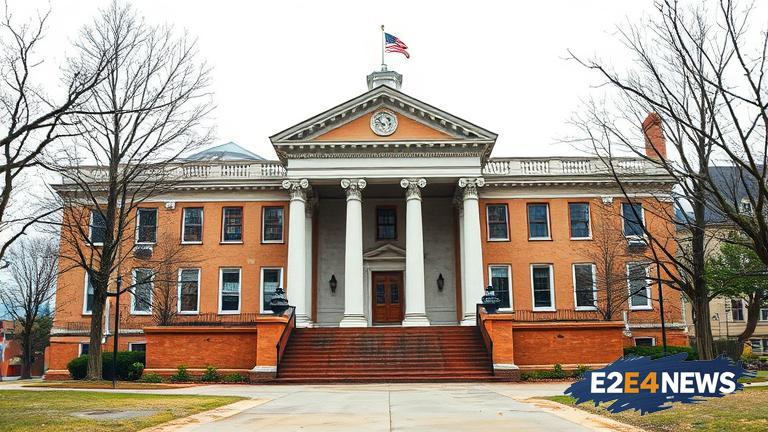The Massachusetts Supreme Judicial Court has been petitioned to dismiss charges against juveniles who were not represented by lawyers during their proceedings. This move comes as a result of concerns that the lack of legal representation for these young individuals may have led to unjust outcomes. The petition, filed by a group of advocates, argues that the absence of counsel for juveniles in certain cases is a clear violation of their constitutional rights. According to the petition, many juveniles in Massachusetts have been forced to navigate the complex legal system without the guidance of a lawyer, leading to potentially devastating consequences. The advocates behind the petition point to numerous cases where juveniles have been convicted and sentenced without having the benefit of legal counsel. They argue that this not only undermines the integrity of the justice system but also puts vulnerable young people at risk of being exploited and mistreated. The petitioners are urging the court to take a stand and recognize the fundamental right of juveniles to legal representation, regardless of their ability to pay. This issue is particularly pressing in Massachusetts, where there have been reports of juveniles being left to fend for themselves in court. The consequences of not having a lawyer can be severe, ranging from lengthy prison sentences to long-term damage to a young person’s reputation and future prospects. The petitioners are calling on the court to establish clear guidelines and protocols to ensure that all juveniles have access to legal representation, regardless of their financial situation. This would involve providing public defenders or other forms of legal aid to those who cannot afford to hire a lawyer. The Massachusetts Supreme Judicial Court is being asked to consider the long-term implications of its decision and to prioritize the welfare and rights of juveniles in the state. By dismissing charges against unrepresented juveniles, the court can help to restore faith in the justice system and ensure that young people are treated fairly and with dignity. The petition has sparked a wider debate about the need for reform in the juvenile justice system, with many advocates and experts calling for greater investment in legal aid and support services for young people. As the court considers the petition, it will be weighing the competing interests of justice, fairness, and the protection of vulnerable individuals. The outcome of this case is likely to have significant implications for the future of juvenile justice in Massachusetts and beyond. The court’s decision will be closely watched by advocates, policymakers, and community leaders, who are eager to see meaningful reforms that prioritize the needs and rights of young people. Ultimately, the petitioners hope that the court will recognize the critical importance of legal representation for juveniles and take bold action to address the systemic injustices that have been allowed to persist for far too long.
